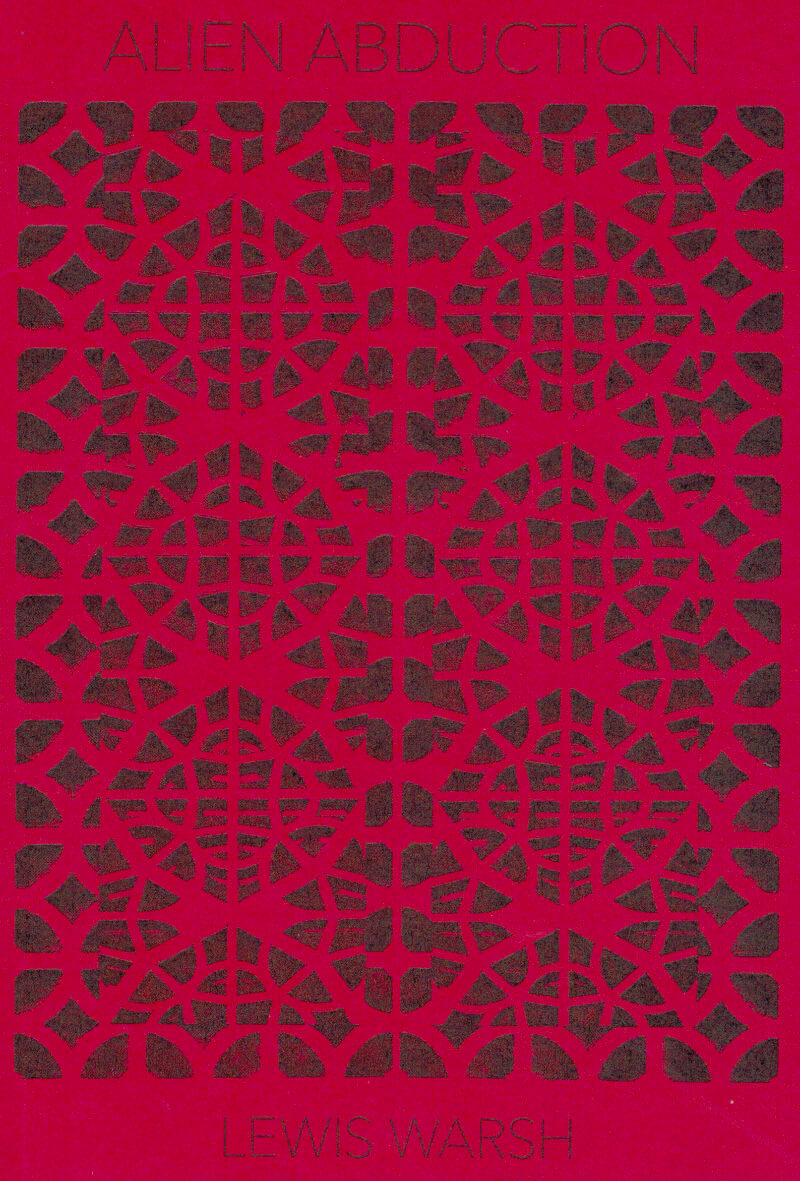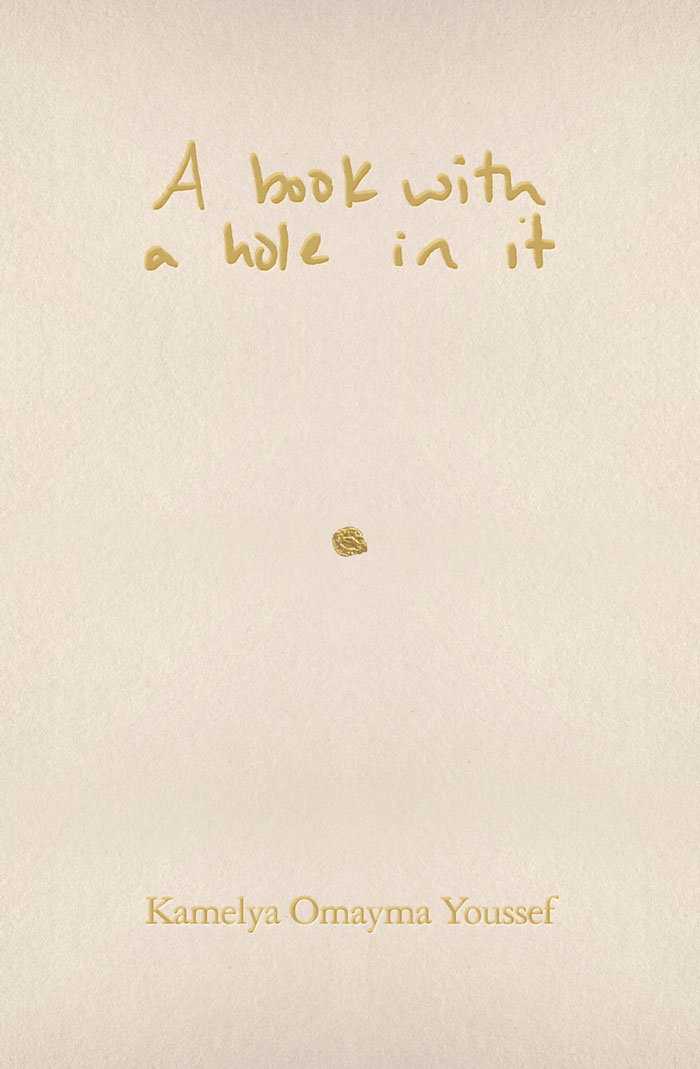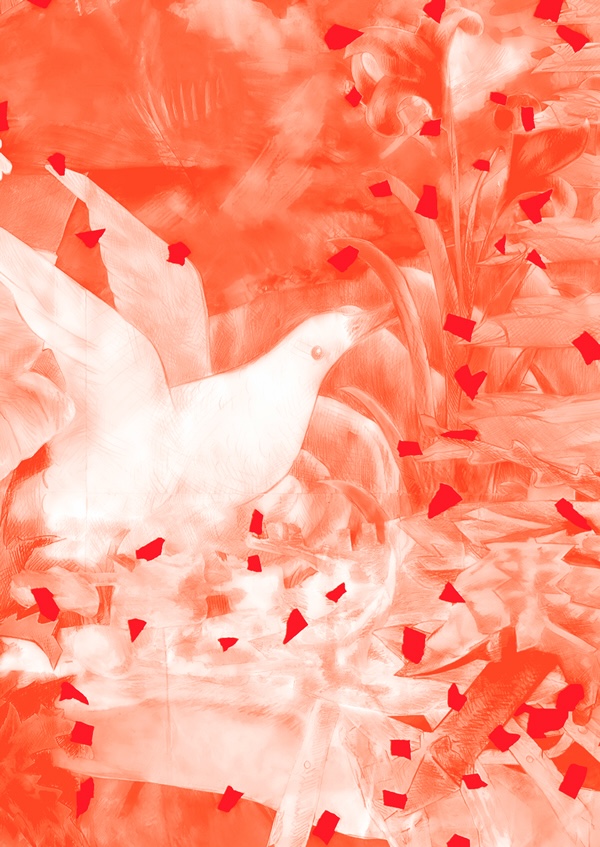
Alien Abduction
Alien Abduction is Lewis Warsh's first full-length collection of poems since Inseperable (2008). Warsh extends his exploration of the way fragments of thought and feeling and experience come together to form the illusion of a solid object that can also explode into a million pieces at any moment. The whole is never the sum of its parts. A kind of doomsday hopelessness both invigorates and subdues all questions of what it means to be a living and breathing human. These poems are personal, direct, and elusive at the same time. An accomplished fiction writer, it's no wonder that Warsh's poems are often guided by hidden narratives, stories inside stories, with no beginning, middle, or end.
Lewis Warsh is the author of over thirty volumes of poetry, fiction and autobiography, including ALIEN ABDUCTION (Ugly Duckling Presse, 2015), ONE FOOT OUT THE DOOR: COLLECTED STORIES (Spuyten Duyvil, 2014), A PLACE IN THE SUN (Spuyten Duyvil, 2014) and INSEPARABLE: POEMS 1995-2005 (Granary Books, 2008). He is co-editor of THE ANGEL HAIR ANTHOLOGY (Granary Books, 2001) and editor and publisher of United Artists Books.
Language: English







